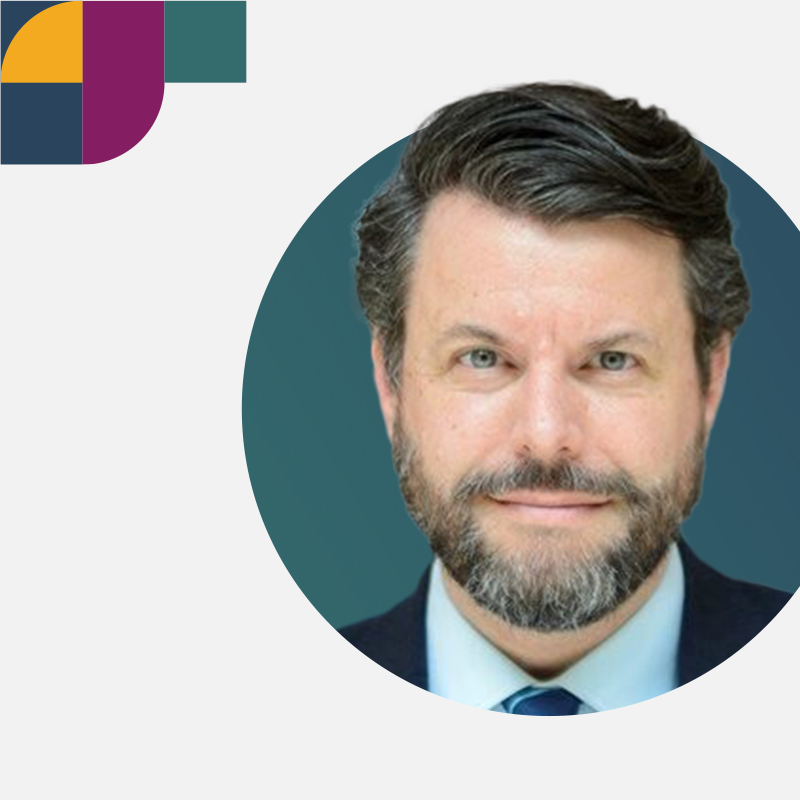How we work isn’t working. We saw this during the pandemic as people reassessed the role of work in their lives. The Great Resignation further demonstrated that people won’t compromise their health and happiness for a paycheck. So what do employees need? We invited Jenn Lim, author of Beyond Happiness and co-founder of Delivering Happiness, to break down what it means to be happy at work.
“When I talk about happiness, I’m talking about when you feel authentically true to yourself. When you feel like you have a compass, you have a North Star, and you’re able to be living that life on a day-to-day basis — a higher purpose,” Lim said during her keynote session at our EmpowerHR virtual event.
Lim shared her perspective on authentic happiness, how that manifests at work, and how you can guide employees to fuller, happier lives at work. You can listen to her here on our People Fundamentals podcast.
Subscribe wherever you listen to podcasts: Apple Podcasts | Spotify | YouTube
We can’t erase loss, but we can learn to live with it
Every person has experienced some form of trauma or loss — loss of hope, a job, expectations, or a relationship, just to name a few. How we process that loss can define who we are and help us move forward. “So, with this sense that this is a life of impermanence, what can we do differently — other than just ground ourselves in the things that matter most?” Lim asked.
“When I talk about happiness, I’m talking about when you feel authentically true to yourself. When you feel like you have a compass, you have a North Star, and you’re able to be living that life on a day-to-day basis — a higher purpose.”
Jenn Lim, author and co-founder of Delivering Happiness
Revisit what happiness and values mean to you during good and bad times — and especially during our lowest points. It’s often in these moments that we discover our greatest strengths. “If we can actually take it in as a form of growth, versus a form of stress, it’s not to say we can erase all this trauma and loss,” Lim said. “But we can make the choice to reduce that kind of impact it has on us for the rest of our lives.”
Happiness is learning how to live fully with our highs and lows while helping others do the same. But you have to nurture your own greenhouse before you can nurture others’. Why do we instinctively know to charge our phones when they’re draining, Lim said, but not ourselves? As a leader, you owe it to others and yourself to put your well-being first.
Interconnect to adapt and thrive
Sequoias are extremely tall trees with relatively short root structures. “The reason why they’re able to actually adapt and thrive is because the root structure is all interconnected underneath,” Lim said. Your business’ roots are shared purpose and values, which connect every person across the company.
“We as leaders can recognize that, if we get those values and behaviors aligned, we get a sense of making sure people feel they have autonomy, they feel aligned, they feel they have accountability,” Lim said.
Purpose is a critical driver of workplace happiness. A recent Great Place to Work survey found that employees at purpose-driven workplaces have three times the intention of staying compared with other companies. To support employee happiness, help people identify their purpose, then align it at the individual, team, and organizational levels.
Doubling and tripling down on purpose sustains the workforce during tough times, since “we’re better equipped to expect and embrace the changes that can happen in this very, very, very unpredictable world,” Lim said.

A happy community starts with you
Health and happiness exist on a spectrum, and some days will inevitably be better than others. It’s important to remember that showing up doesn’t mean someone’s OK. “It’s not just well-being anymore; it’s ‘whole-being,’” Lim said.
Business leaders are responsible for helping people be whole and healthy at work. But you can’t invest in others if you aren’t whole and healthy yourself.
Business leaders are responsible for helping people be whole and healthy at work. But you can’t invest in others if you aren’t whole and healthy yourself. …You have to nurture your own greenhouse before you can nurture others.
Taking care of yourself isn’t easy and requires trial and error. For some people, meditation provides clarity and reduces anxiety, while others benefit more from physical activity. Lim suggests taking the time to think about what makes you “whole” — including your personal sense of purpose — and how to bring that to work. Find what works for you, and prioritize that.
Discovering your sense of purpose affects everyone around you. “When you have these people, within your teams and organizations, that are individually living out their purpose … that ripples out to the team’s purpose, and then it ripples out to the organizational purpose,” Lim said.
When you invest in your whole being, you can support the community through their highs and lows, all the while helping them stay grounded in purpose.



